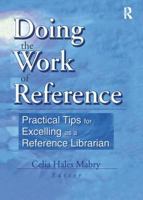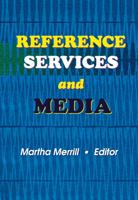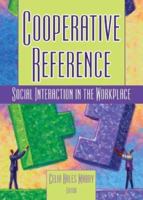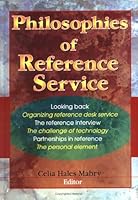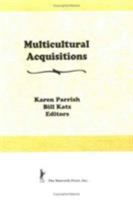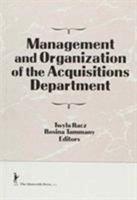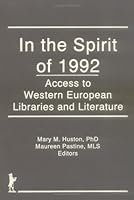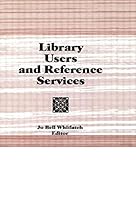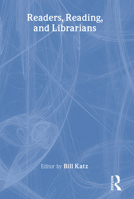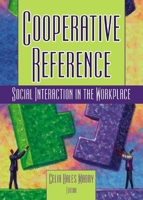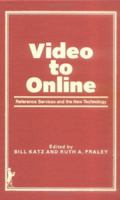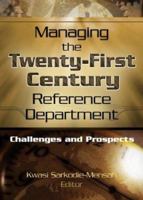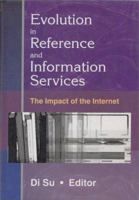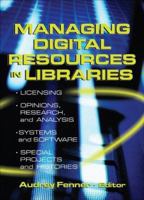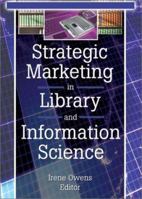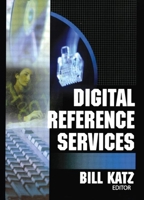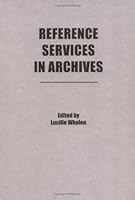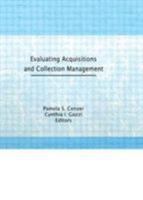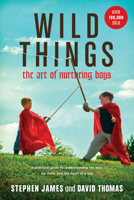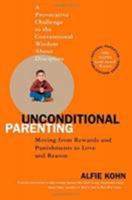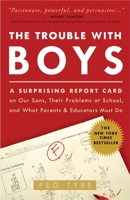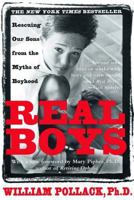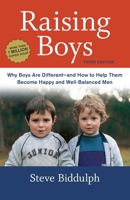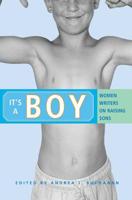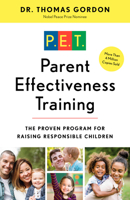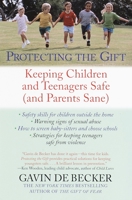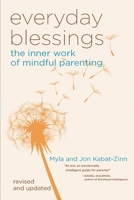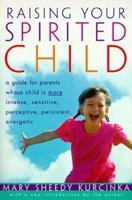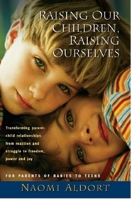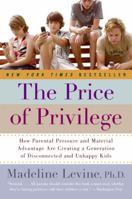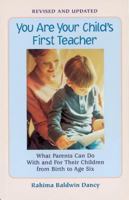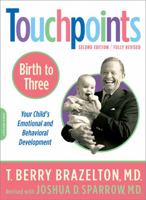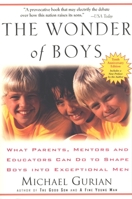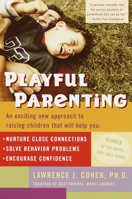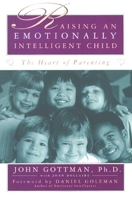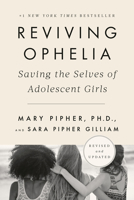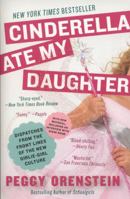Raising Cain: Protecting the Emotional Life of Boys
Select Format
Select Condition 
Book Overview
You Might Also Enjoy
Customer Reviews
Rated 5 starsThe Wild and Woolley and Witty of a Great City...
I first read this intense book about ten years ago when I was helping to research a San Francisco walking tour for a colleague. I've revisited the title several times doing further research, and just for the plain old pleasure of reliving the wild glory days of the old-west again. Like his tell-all histories of New York, New Orleans, and Chicago he goes for the rough-and-tumble sensational aspects of the past, and has a...
0Report
Rated 5 starsSF history as you've never heard it before!
The history of the city of San Francisco has always intrigued me, and this book gave me insight and glimpses that I might never have been exposed to otherwise. Given the fact that this book was written in the early 1900s, Asbury was able to speak with and interview people that actually lived in SF in the late 1800s, and these first hand accounts are invaluable. Anyone interested in SF history should definitely pick up this...
0Report
Rated 5 starsBarbary Coast
Fabulous book about San Francisco from 1849-1900's! Well written easy to follow, and interesting and funny history of the Barbary Coast. I lived there for a good part of my life and can tell you it was fascinating to read how it began...I had no idea!
0Report
Rated 5 starsAn Amazing History of SF
San Francisco is an amazing city. Each time I visit I discover something new along its narrow alleys, panoramic vistas and historical landmarks. North Beach has always been my favorite SF neighborhood. It is amazing to me that such wickedness prevailed on these streets in the not so distant past. When I picked up the Barbary Coast, I was surprised that it was an older novel (first published in the 1930's). Don't let that...
0Report
Rated 5 starsWow.
I'd seen this book on the shelves at the library, but I had always passed over it because it was too non-linear for my research. Boy, was that a mistake. This is THE best book about San Francisco's Barbary Coast in existance. It came to my attention again because of 'Gangs of New York', and I went ahead and bought it this time. Read this book and find out how tame everyone from San Francisco is these days in comparison.
0Report













